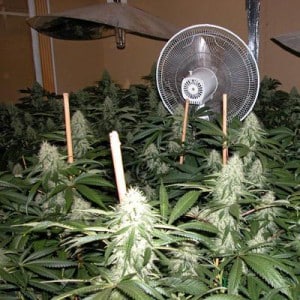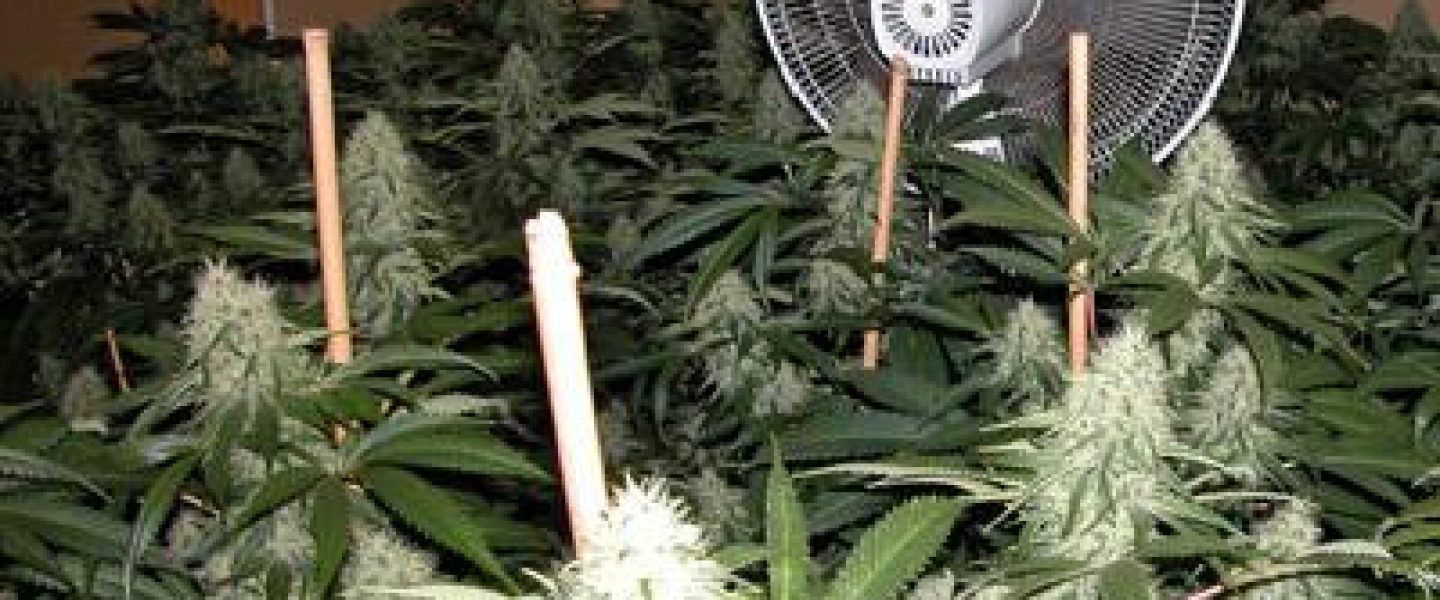 The public forum on the licensing of marijuana producers and processors had an overflow turnout at Seattle’s City Hall on Thursday night, January 24th, 2013. The overflow crowd filled the Bertha Knight Landies room to capacity and extra seating was provided in the city council room upstairs with video viewing of the proceedings. Representatives from the Washington State Liquor Control Board greeted the audience and made it clear this was a ‘public forum’ – not a formal rules making session – and that they were in ‘listening mode’. Sharon Foster, chair of the board, kicked things off by thanking the public for their interest and noting how unusual it was for any meeting to have such robust attendance (indeed, they seemed to have to scramble to arrange the overflow seating area as such heavy attendance was not anticipated).
The public forum on the licensing of marijuana producers and processors had an overflow turnout at Seattle’s City Hall on Thursday night, January 24th, 2013. The overflow crowd filled the Bertha Knight Landies room to capacity and extra seating was provided in the city council room upstairs with video viewing of the proceedings. Representatives from the Washington State Liquor Control Board greeted the audience and made it clear this was a ‘public forum’ – not a formal rules making session – and that they were in ‘listening mode’. Sharon Foster, chair of the board, kicked things off by thanking the public for their interest and noting how unusual it was for any meeting to have such robust attendance (indeed, they seemed to have to scramble to arrange the overflow seating area as such heavy attendance was not anticipated).
Members of the WSLCB present were engaged and seemed ready to take on the daunting task of overseeing the legalization of marijuana for the first time in modern history. They were engaged and respectful of the audience; their efforts to hold the lengthy list of speakers to their respective two minute limit was appreciated by at least this attendee as the session went from 6 PM to after 9:30 PM.
Some of the board members present were Sharon Foster, Ruthann Kurose, Chriss Marr, Brian Smith, Samantha Trotter and Pat Kohler – I may have missed others.
Key themes emerged throughout the evening. Some of the suggestions were not relevant given the nature of the initiative process and the process for changing provisions requiring a 2/3 legislative approval. The board members pointed this out politely at several parts of the evening. Some key themes emerged, and some points were clarified by the board.
Themes and Major Issues Addressed by Public:
- “keep it cottage” – don’t cut out small scale production operations
- the whole world is watching
- address federal issues including federal tax filing guidelines needed
- regulated system must out compete black market to succeed
- processor license & tax step – does it make sense*
- limiting plant numbers isn’t a bad idea, most numbers were ~100-200, up to 1000
- concerns about not letting major corporate entities dominate the market
- need for analytical testing of THC, cannabinoids, molds, pesticides
- banking, insurance and public safety service availability for producers/processors
- dont limit license #s
- drug war vetran amnesty for marijuana felons – allow them to participate
- recycling facilities for toxic grow bulbs
- being able to smoke in public (bar scenarios or sanctioned locations – not everywhere)
- more research needed on per-se DUI laws
- info on interactions with other pharmaceuticals (antidepressants, antipsychotics) requested
- a special license class type may be needed for research/breeding operations
- clarification on medical industry status
One of the themes repeated often throughout the evening was brought up by the first public speaker, Richard Dent, whose message was ‘don’t forget the little guys.’ The cottage industry nature of the Washington marijuana scene was evident in the large number of ma-and-pa operations represented at the meeting, which may come to a surprise to some who believed the marijuana market to be dominated by gang and mafia type interests. That was certainly not the impression given by the room tonight. The famous producer Uncle Mickey summed it up when he exhorted the audience to “remember the love – this is not about money.”
But, of course it is about money too – and getting along with the Federal Government, and paying taxes and a bunch of stuff less sexy than love. But passion, expertise and a lot of optimism filled the room. There were collective owners, cultivators, medial patients, lawyers, an addiction medicine specialist, entrepreneurs and more than a few veterans of the drug war who wanted to make sure their dedication to the product they loved and their expertise would not be forsaken by the I-502 rules.
Valid concerns about clear guidelines for product testing and labeling products were brought up repeatedly. A number of interests representing testing services and associated groups were in attendance. Brad Douglas, from a group providing quality control and analytical services to California companies (but was planning an expansion into Washington, I believe) mentioned the scary fact that 20-30% of the product tested by his group found mold – and pesticide residues are a concern to smokers too. He pointed out that some pesticides go right into the smoker at smoking temperatures. Organic certification options were brought up by several speakers throughout the evening.
Concerns about privacy came up several times, both because of personal privacy concerns but also in the lens of a product category that is still against Federal law. Phil Bocel spoke to suggest implementing some of the new security registry technology being developed at University of Washington to protect citizen privacy while also allowing some sort of registry.
Bo Odyssey, the legendary ‘scarf guy’ and regular at City Hall meetings made a few commets reinforcing the important role of hemp in American culture, and recommended Ed Rosenthal’s book, The Emperor Wears No Clothes” to the audience. There were several other citizens interested in industrial hemp concerns who spoke.
Concerns about the “inevitable Federal Showdown”, as Anthony Gibbs, an attorney so eloquently put it, also came up repeatedly. Late in the evening, a comment was made that the States Attorney General Ferguson is drafting some sort of state lawsuit to defend Washingtonians in some way – details will surely follow.
The wonderful Dawn Darington, a medical marijuana patient advocate from Choice Wellness and a part of ‘All Day Live’ was there, bringing her indomitable spirit. She pointed out that humans were meant to be assoicated with the marijuana plant – the human brain has receptors for the compounds in cannabis. As Dawn pointed out, our brains have cannabinoid receptors, but we don’t have cabbage receptors.
One positive note for producers closely following this was the clarification by board member Chris Marr that the current LCB interpretation of the initiative was that producers who were also processors would not have to pay the 25% tax step between producing and processing, unless the product was further processed. He said this interpretation was being reviewed by the Atorney General.
Note – this is a breaking news story, please email any corrections to [email protected]
This article originally appeared at StonerLiving.Com








